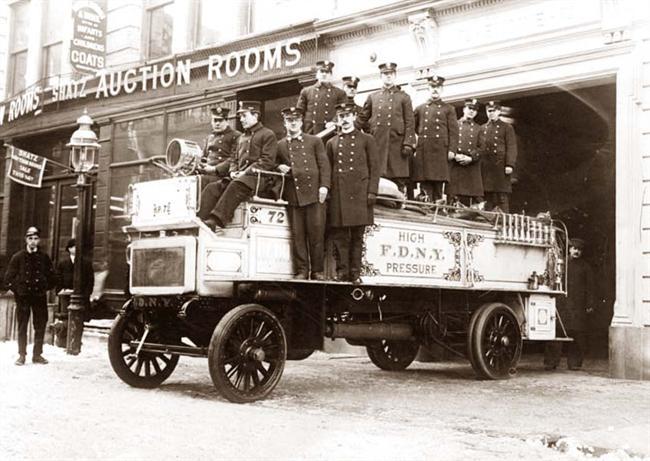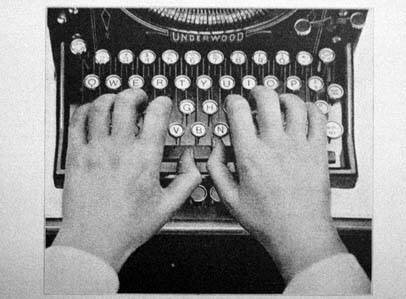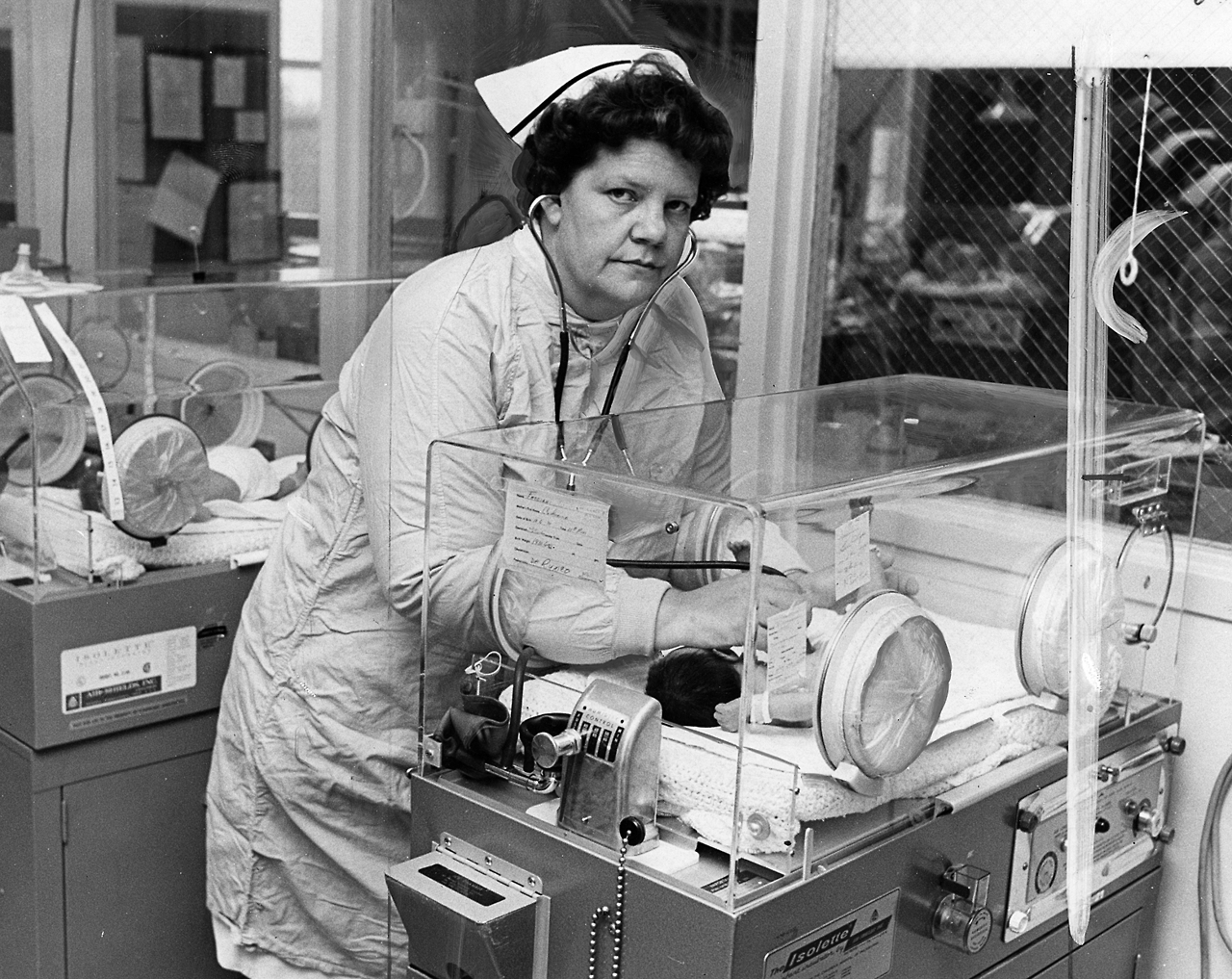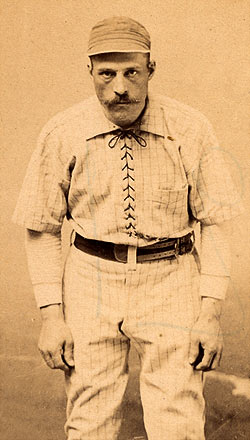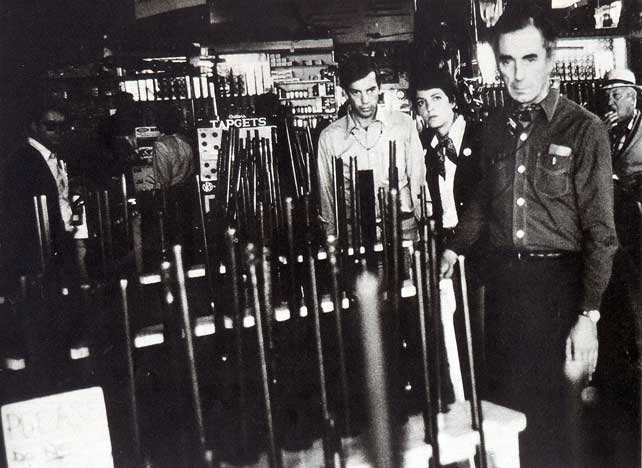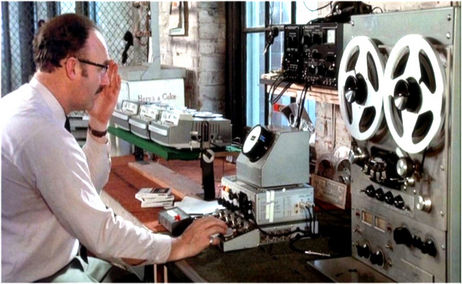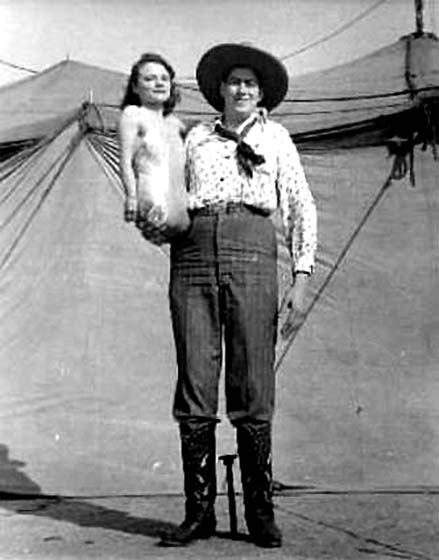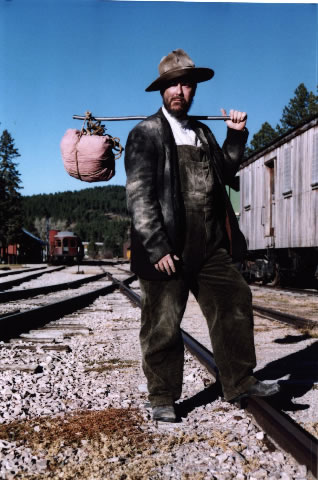Racing yachts is fine, if that’s all you can afford. I won’t laugh at you–not aloud anyhow. But it’s submersibles–lavish submarines–that are really all the rage these days among the non-99%. From Tara Patel at Bloomberg:
“Graham Hawkes, inventor of the ‘underwater plane,’ made his debut at the Monaco Yacht Show this week in a bid to entice billionaire boat owners to take the plunge.
‘This is literally like flying underwater,’ Hawkes, a U.K.-born ocean engineer who has spent decades designing cutting-edge diving suits and submarines, said in an interview. ‘Once you’ve done that, you don’t want to do anything else.’
Hawkes is one of four submarine vendors who for the first time are all at the Monaco show — one of the world’s top yacht gatherings — to display multimillion-dollar high-tech wizardry they say makes perfect accessories for the wealthy.
U-Boat Worx, Triton Submarines LLC and Seamagine Hydrospace Corporation, along with Hawkes Ocean Technologies are betting the superrich will want to go beyond cruising on luxury boats worth tens of millions of dollars. They see annual sales of private, small luxury submarines going double-digit over the coming decade from a few now.
As the yacht size has stretched — this year saw the launch of a record-holding 590-footer called the Azzam — so has the list of distractions onboard. Soaking in a jacuzzi, shooting hoops on a floating court or playing a baby grand Steinway piano no longer cut it.
‘There is a change in attitude of super-yacht owners,’ said Bert Houtman, founder and chairman of the Netherlands-based U-Boat Worx, surveying two of his submarine models on display quai-side in Monaco. ‘They’re fed up with drinking white wine and riding jet skis so they’re looking for another thrill.'”




